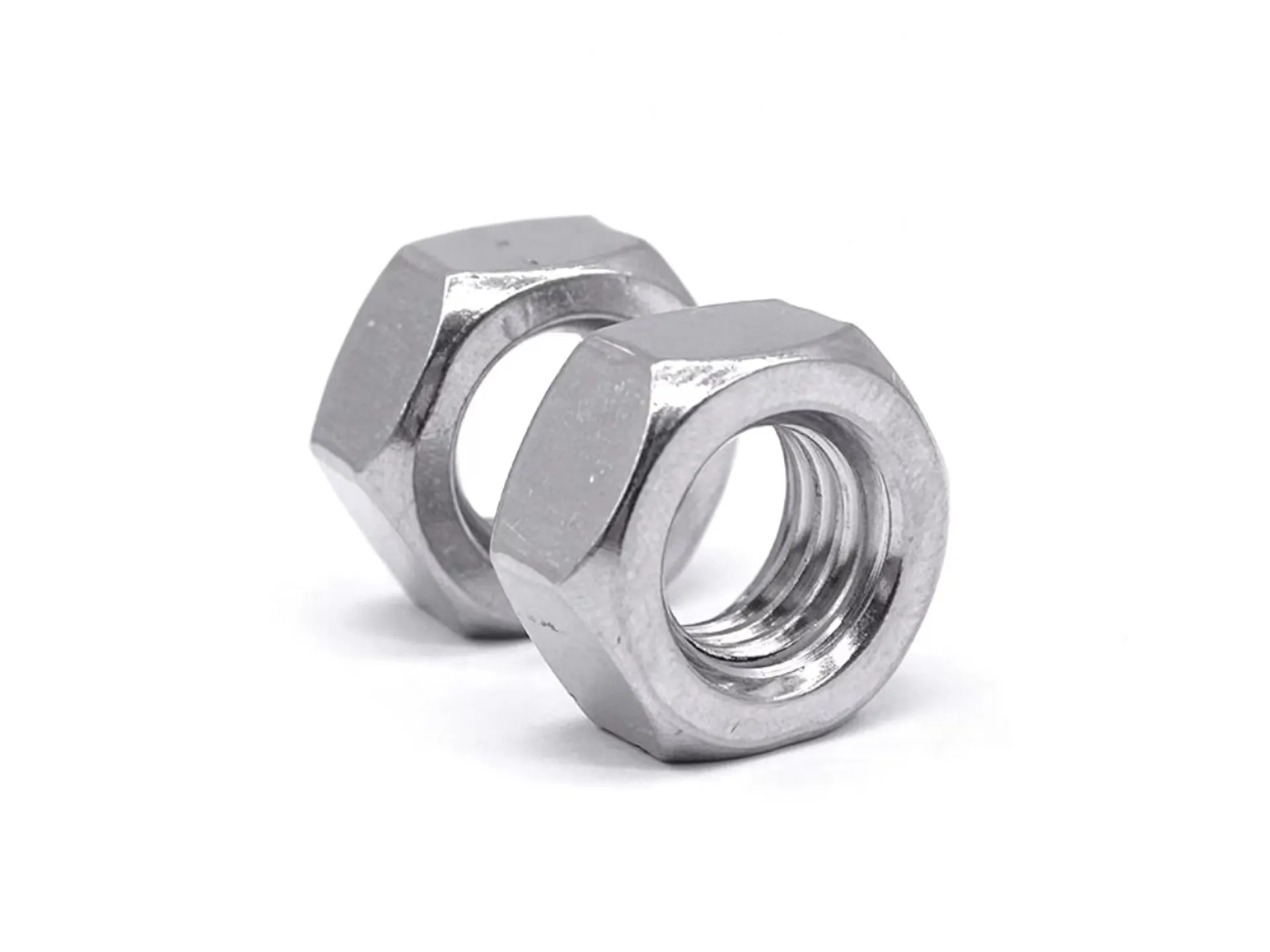

large flange rivet nut
Dec . 11, 2024 12:06 Back to list
large flange rivet nut
Understanding Large Flange Rivet Nuts An Essential Fastening Solution
In the world of mechanical engineering and fabrication, the need for reliable and efficient fastening solutions cannot be overstated. Among the various types of fasteners, large flange rivet nuts have emerged as a popular choice due to their unique design and versatility in applications. This article delves into what large flange rivet nuts are, their advantages, applications, and installation methods.
What Are Large Flange Rivet Nuts?
Large flange rivet nuts, also known as blind rivet nuts, are fasteners designed to create a strong, load-bearing attachment point on thin-walled materials. They are especially effective in applications where access to the backside of the material is limited or impossible. The large flange design provides an increased surface area that distributes load more evenly and helps prevent pull-through when under stress.
These rivet nuts typically consist of a cylindrical body with internal threads and a large flange at one end. They are made from a variety of materials, including steel, aluminum, and brass, to suit different environmental conditions and strength requirements. The internal threads allow for the attachment of bolts or machine screws, making them a versatile option for securing different components.
Advantages of Large Flange Rivet Nuts
1. Load Distribution The large flange provides an extended bearing surface, distributing forces over a wider area, which reduces the risk of material deformation and failure.
2. Ease of Installation Large flange rivet nuts can be installed using simple hand tools or pneumatic tools, making the process quick and efficient. Their blind installation capability means they can be used in a variety of structural configurations without the need for access from the backside.
3. Versatility They can be used with various materials, including plastics, composites, and metals, making them suitable for numerous applications across different industries, including automotive, aerospace, and electronics.
4. Strong Joint Formation When properly installed, large flange rivet nuts create a robust and permanent joint that is resistant to vibration and movement, ensuring longevity and reliability.
5. Aesthetic Appeal The large flange can provide a clean look to the installation, as it covers any imperfections in the workpiece, improving the overall aesthetic of the final product.
Applications of Large Flange Rivet Nuts
large flange rivet nut

The versatility of large flange rivet nuts allows them to be used in a wide range of applications
- Automotive Industry They are commonly used for securing body panels, brackets, and interior components in vehicles, where a lightweight yet strong fastener is essential.
- Aerospace In aircraft manufacturing, where weight saving and structural integrity are crucial, large flange rivet nuts offer solutions that meet stringent safety regulations while enhancing assembly efficiency.
- Electronics They are ideal for securing printed circuit boards (PCBs) and other electronic components within enclosures, where the strength and reliability of connections are paramount.
- Furniture Manufacturing Large flange rivet nuts facilitate the assembly of metal and wood components, providing a durable connection that can withstand frequent use.
Installation Methods
Installing large flange rivet nuts is straightforward and can be done using various methods, including
1. Hand-Rivet Tools For light-duty applications, handheld tools are sufficient. These devices typically work by compressing the rivet nut, expanding its body within the hole of the workpiece.
2. Pneumatic Tools For high-volume production or more robust applications, pneumatic tools can expedite the process. These tools ensure consistent installation torque and reduce the time taken for each nut.
3. Hydraulic Tools In scenarios requiring maximum force, hydraulic tools are employed to install large flange rivet nuts efficiently and accurately.
Conclusion
Large flange rivet nuts are integral to modern assembly processes across various industries. Their capacity for strong, reliable connections combined with ease of installation makes them an indispensable tool for engineers and manufacturers alike. As industries continue to evolve and demand higher performance from their fasteners, large flange rivet nuts are poised to remain at the forefront of fastening technology, offering solutions that meet both functional and aesthetic requirements in an increasingly diverse range of applications.
Latest news
-
High-Strength Hot Dip Galvanized Bolts - LongZe | Corrosion Resistance, Custom Sizes
NewsAug.01,2025
-
Best Self Tapping Screws for Drywall - Fast & Secure Installation
NewsJul.31,2025
-
High-Strength Hot Dip Galvanized Bolts-Hebei Longze|Corrosion Resistance&Customization
NewsJul.31,2025
-
Hot Dip Galvanized Bolts-Hebei Longze Metal Products|Corrosion Resistance&High Strength
NewsJul.31,2025
-
Hot Dip Galvanized Bolts-About LongZe|High Strength, Corrosion Resistance
NewsJul.30,2025
-
High-Strength Hot Dip Galvanized Bolts - Hebei Longze | Corrosion Resistance, Customization
NewsJul.30,2025

